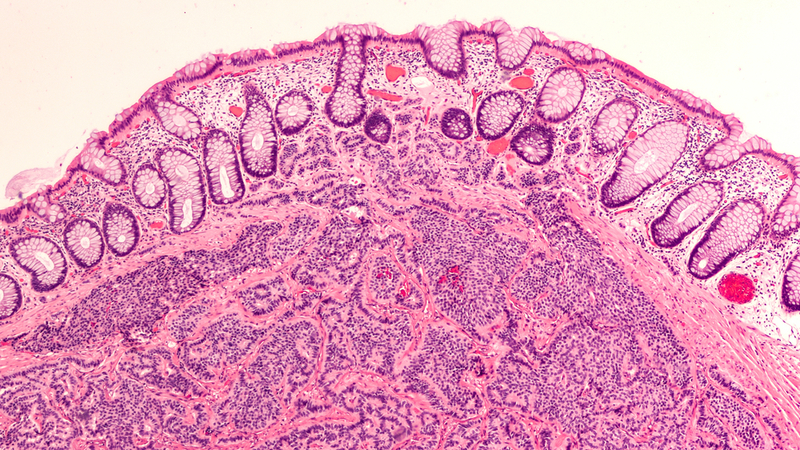FDA approves first non-surgical treatment for rare neuroendocrine cancers
University of Pennsylvania News Aug 07, 2018

The US Food and Drug Administration (FDA) has approved the first ever non-surgical treatment for the rare neuroendocrine cancers pheochromocytoma and paraganglioma. The approval was based on a multicenter trial led by researchers in the Abramson Cancer Center, and was granted to Progenics Pharmaceuticals for AZEDRA (iobenguane I131).
“This is a true breakthrough. Until today, there were no antitumor therapies available for patients with these tumors who were not candidates for surgery,” said the trial’s principal investigator Daniel A. Pryma, an associate professor of radiology and radiation oncology, chief of nuclear medicine and clinical molecular imaging at the Perelman School of Medicine, and a member of the Abramson Cancer Center.
AZEDRA is a targeted, high-specific-activity radiotherapeutic, indicated for the treatment of adult and pediatric patients (12 years and older) with a positive iobenguane scan, and unresectable, locally advanced or metastatic pheochromocytoma or paraganglioma who require systemic anticancer therapy. AZEDRA is the first and only approved therapy for this indication.
-
Exclusive Write-ups & Webinars by KOLs
-
Daily Quiz by specialty
-
Paid Market Research Surveys
-
Case discussions, News & Journals' summaries